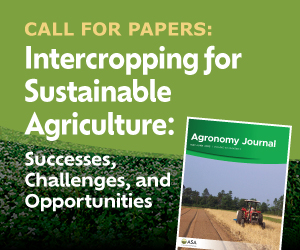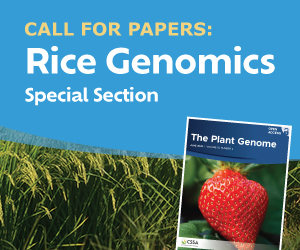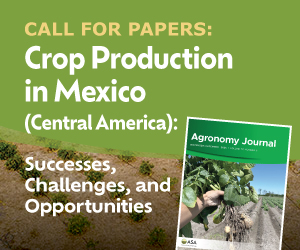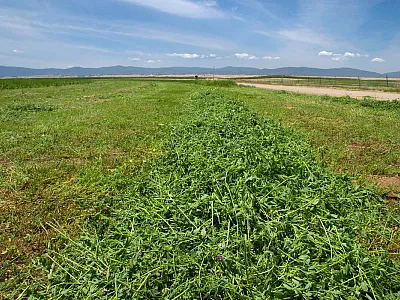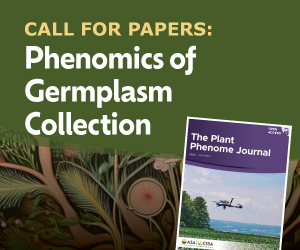A simple and low-cost method for plant breeders to increase the rate of recombination of corn
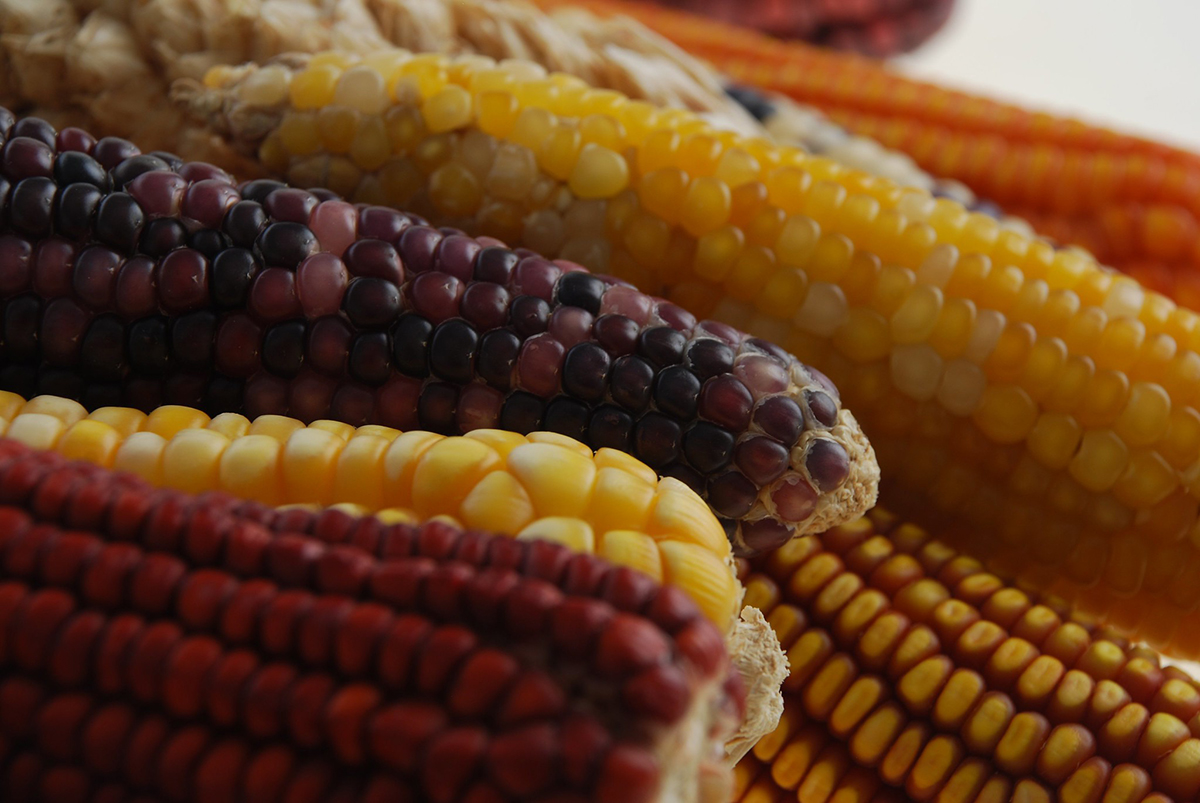
As our climate continues to change, increasing temperatures and unpredictable weather patterns are expected to increasingly challenge the existence of organisms. How do organisms respond to severe and persistent stressors, such as drought? Beyond immediate physiological actions, are there responses in or by the genome that may enable the next generation to adapt to the challenge? Meiotic recombination is one of the most fundamental processes that creates genetic variation, and one of the primary sources of genetic adaptation in evolution and selective breeding.
Researchers at Iowa State University identified a possible low-cost, effective, and reproducible method for elevating the rate of meiotic recombination of corn by exposing the plants to water stress. Two corn genotypes were exposed to chronic water-deficit stress and then mated. The resulting populations were used to detect evidence of meiotic recombination (i.e., crossovers, or new combinations of genes). The plants exposed to stress had 16% more crossovers than those grown under no-stress conditions, suggesting that signals were sent and received, leading to the possibility of change and adaptation.
The researchers combined fundamental science with practical applications. By uncovering the mysteries surrounding plant responses to stress, we can gain a better understanding of the drivers of evolution and can even identify cost-effective techniques for plant breeding.
Dig deeper
Verde, L. A., Musimwa, T. R., & Lee, M. (2025). Chronic water-deficit stress may increase meiotic recombination in maize. The Plant Genome, 89, e20779. https://doi.org/10.1002/tpg2.70015
Text © . The authors. CC BY-NC-ND 4.0. Except where otherwise noted, images are subject to copyright. Any reuse without express permission from the copyright owner is prohibited.



